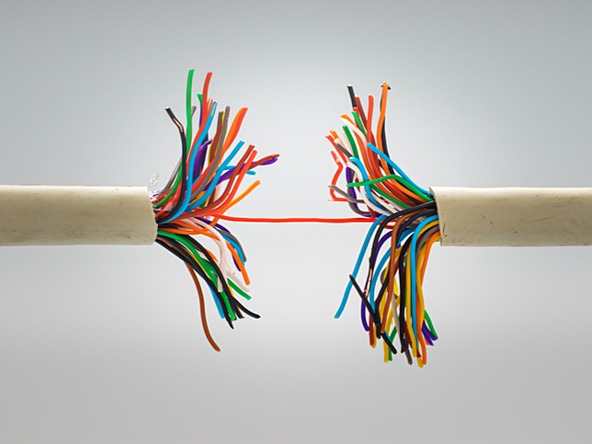Programmatic sampling is fundamentally broken

Nearly eleven years ago, I wrote an article for Research Live that contained the following quote:
“Innumerable inches have been written on … improving the participant’s journey, yet the experience still largely stinks. Technology is only making this worse... In this world of joint consumption, the outcome is a “tragedy of the commons” where each company’s individual pursuits spur a race to the bottom and nobody looks after the interests of the people whose responses drive major business decisions… It is impossible to understate the danger the industry faces…”
When I originally wrote this, I held out some hope that the industry could get its house in order. Not only has that not happened, the situation is now worse.
Programmatic sampling is fundamentally broken. No industry task force is going to fix it, and no buyer or seller who participates is immune. The technological advancements intended to streamline and enhance data collection have, paradoxically, led to a profound erosion of quality. While much of the industry’s current discourse revolves around the pressing issue of fraud, the deeper and more insidious problem is the industry’s multiple market failures.
These failures arise from the fact that, as everyone on the supply side of the industry knows, the online participant experience is punishing and unrewarding. Routing and the networking of the sample ecosystem have essentially turbo-charged the already awful experience, leading to what writer Cory Doctorow would call an "enshittification" of the market – a gradual but inexorable and systematic degradation of sampling platforms.
More formally, the vicious circle of routing and networking has created what economists call externalities, where firms not party to an economic transaction are nevertheless affected by it. For example, a panellist’s terrible experience with Company A may cause that panellist to never participate again in an online survey.
It is a tragedy of the commons, where the exploitation of a common resource – for this is how we must think about the supply of research participants – depletes that resource. The industry is trapped in a classic prisoner’s dilemma, where no single firm will take the first step toward reform because doing so would damage its business.
As if this weren’t bad enough, sample buyers – the demand side of the market – are not signalling a need for correction. Some buyers are simply ignorant as to how the modern sampling ecosystem functions. But it seems increasingly likely that most are consciously making “Iron Triangle” decisions for what they believe is an acceptable trade-off between quality and price/speed. Without a broad signal from buyers, nothing will change.
Given the deep-seated nature of these problems, the industry’s fragmentation, and the resolute self-interest of its players, the prospects of a collective solution are vanishingly small.
The only reasonable path forward for buyers is vigilance in the form of stricter oversight, higher standards, and careful vendor selection. While this won’t solve the industry’s problems, it can help avoid the worst of the rot.
JD Deitch is founder of Deitch Advisory and formerly held roles at Cint and Ipsos. The e-book, The Enshittification of Programmatic Sampling, is now published.

We hope you enjoyed this article.
Research Live is published by MRS.
The Market Research Society (MRS) exists to promote and protect the research sector, showcasing how research delivers impact for businesses and government.
Members of MRS enjoy many benefits including tailoured policy guidance, discounts on training and conferences, and access to member-only content.
For example, there's an archive of winning case studies from over a decade of MRS Awards.
Find out more about the benefits of joining MRS here.













0 Comments